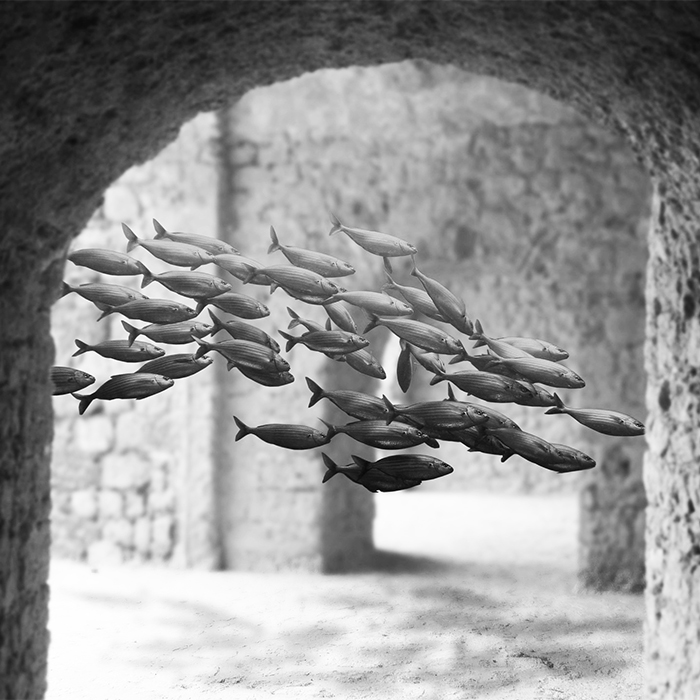‘Underwater Music Festival’ Promotes Environmental Sustainability, Ignores Noise Pollution
In a recent effort to raise awareness around sustainable diving and reef protection, an event was held in Florida Keys National Marine Sanctuary dubbed an ‘underwater music festival’. With the focus on environmental responsibility – protection of the coral reefs and sustainable diving, snorkelers and divers attended The Lower Keys Underwater Music Festival at Looe Key Reef. Underwater speakers suspended by boats above the reef played specialised music and public service announcements for four hours by a local radio station. With underwater themed tracks such as The Little Mermaid theme song and “Yellow Submarine“.
While the intention to bring awareness to issues facing the reefs that are not solely focused on overfishing is admirable, and sharing relevant information for divers when exploring the reefs is important – those involved unfortunately didn’t take into account one of the most vital issues facing marine life, which is sound and noise pollution.
Recently, Ultra Music Festival in Miami were required to find a new venue, as marine researchers in the surrounding areas concluded that the noise pollution caused by the festival were significantly affecting surrounding marine life – more specifically, a species of Toadfish being examined by the researchers were concluded to be extremely stressed by the noise (read our article on the subject here).
The impact noise pollution has on marine life is often forgotten, as in cases such as these, but poses a significant problem to the underwater ecosystem and can cause serious damage. Although to humans the underwater world may be seemingly quiet, the marine ecosystem is hugely reliant on a myriad of sounds in order to survive. With human intervention on the open waters, scientists have noticed major disruptions in communication, feeding and mating, along with physical injuries. In an article published via OceanCare conservation states various effects of noise pollution:
“As is the case for humans, extremely loud sound may cause hearing damage in marine animals. This is a grave problem for the many marine creatures that depend on their hearing for communicating, sensing danger, finding a partner and hunting prey.”
In circumstances where the noise pollution is more severe, such as noise caused by oil drilling, military activity and shipping as opposed to recreational sound, the effect can be deadly:
“Extreme sound events like these inflict vascular damage on the brain, lungs and other organs. Further, animals may panic and surface too fast which causes nitrogen bubbles to form in the blood – the so-called bends (decompression sickness). The resulting embolism may cause death.”
These findings conclude the severity of noise pollution on marine life, and although the effects of music cannot be compared to airguns used in oil exploration, it’s imperative that we recognise the effects we as individuals have on our ecosystem. The impacts of noise pollution on fish, marine mammals and even zooplankton needs to be brought to the forefront when it comes to our discussion surrounding the protection of marine life.
Although events such as the ‘underwater music festival’ came with good intentions, it ignored vital evidence that is extremely necessary to acknowledge when it comes to the true conservation of our oceans.




Leave a Reply